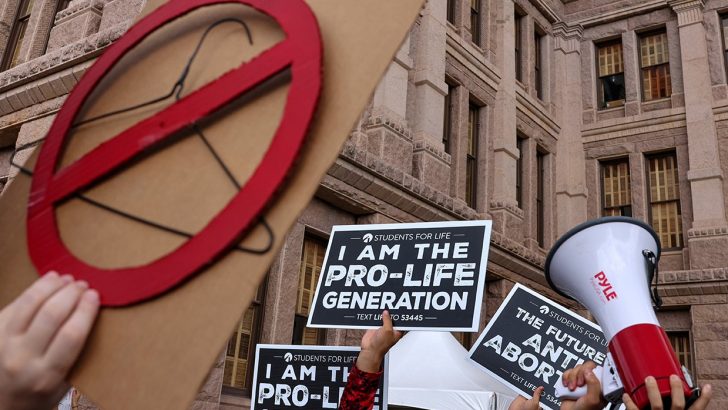The US Supreme Court agreed to consider two legal challenges to Texas’ pro-life heartbeat law, just weeks before it hears oral arguments in another major abortion case.
Both the Biden administration and abortion providers had opposed the Texas Heartbeat Act, a law which went into effect September 1 and which restricts most abortions after detection of a fetal heartbeat. The law is enforced through private civil lawsuits.
On October 22, the US Supreme Court agreed to evaluate both challenges to the law and expedited the cases, with oral arguments arranged for November 1. The court will consider whether the federal government can sue to block implementation of the law by the state, state courts, and private citizens and will also consider whether lawsuits under the law are capable of proceeding.
In her opinion accompanying the court order on Friday, Justice Sonia Sotomayor chastised the court’s refusal to temporarily block the law while considering challenges to it.
“The promise of future adjudication offers cold comfort, however, for Texas women seeking abortion care, who are entitled to relief now,” Justice Sotomayor wrote. “These women will suffer personal harm from delaying their medical care, and as their pregnancies progress, they may even be unable to obtain abortion care altogether.”
In its October 21 brief before the Supreme Court, the state of Texas maintained that the court should reconsider landmark abortion cases if it took up the Biden administration’s appeal.
“The Court erred in recognising the right to abortion in Roe and in continuing to preserve it in Casey,” the brief read. “The heartbeat provisions reasonably further Texas’s interest in protecting unborn life, which exists from the outset of pregnancy.
“If it reaches the merits, the Court should overturn Roe and Casey and hold that this bill does not therefore violate the Fourteenth Amendment,” the state argued.


 Pro-life advocates and supporters of legal abortion demonstrate in Austin, Texas, October
2. Photo: CNS
Pro-life advocates and supporters of legal abortion demonstrate in Austin, Texas, October
2. Photo: CNS 